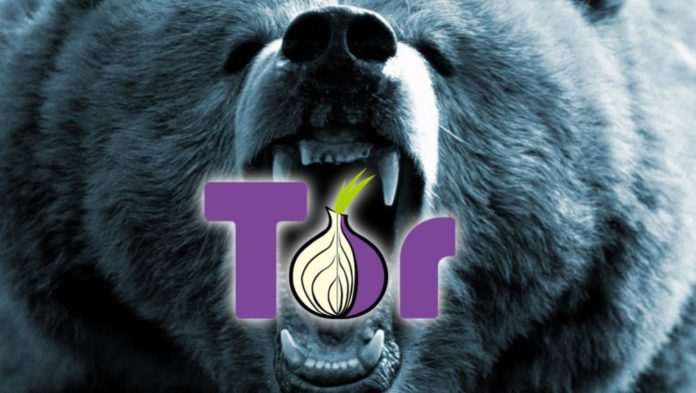
Russia has already been engaged in blocking websites or content that doesn’t meet their policies, or that, “are not good for the citizens of Russia.” Currently, Russia blocks websites that host content related to child abuse, controversial resources, drugs or suicides. They are also blocking sites that host copyrighted content, which is why many torrent sites have become inaccessible to the Russian public recently. On the flip side of this, citizens of Russia have taken to using TOR, VPNs and proxies to access the blocked content. At last count, over 150,000 citizens are using the TOR network and 25% of internet users within the country are using a VPN. The Russian government has grown tired of these tools, which help users to circumvent their internet policies, so to combat this and regain control over the internet censorship in the country, the government might begin banning TOR and VPN services. Russian MP, Leonid Levin, argues that anonymous surfing tools, such as TOR, VPNs and web proxies, need to be restricted and that by restricting these kinds of tools, internet users will be unable to access the blocked content and will prevent them from transmitting content anonymously or possibly spreading malware. He added that, “through these restrictions we can reduce the possible number of cyber attacks.” He refers to the TOR network and VPNs as ‘zones of cyber criminals’. The Lower House of Parliament, Duma, along with some government officials are supporting the ban…
Roskomnadzor added:
“Roskomnadzor supports the initiative to restrict access to Anonymizer – a service that allows users to hide their location and personality.” (https://vpncreative.net)
And a Russian government official stated:
“Do not forget that Tor – American development and use, including US intelligence agencies to expand the hegemony of the United States around the world: agents and collaborators of the US State Department, anonymously to the authorities of any country engaged in illegal activities against her.” (https://vpncreative.net).
We’ll just have to wait and see what actions government officials will take towards the TOR network in Russia.





The internet should never, ever be censored. Governments have no right to decide what their citizens should be allowed to access over a network that spans the planet. If they wish to monitor, that is different and comes under each countries laws, which the citizens can object to. The minute a country says you cannot access this, someone, in that country will come up with a way of accessing it. If a corporation decides they will not allow certain things, its customers will go elsewhere. So far, denying access to the Pirate Bay around the world has not stopped the sharing of torrent files at all, by all accounts sharing of files has increased across the planet. When one thing is stopped, another thing starts. The question is: What’s more important, 100% uncensored or censor of child abuse, drug or suicides? For me it’s 100% uncensored. I’m not personally depraved enough to look at child abuse images. I don’t use drugs, but if I chose to, I would probably not use the net to find them. I have not interest in suicide, but if I chose to commit it, I would shoot myself, so don’t need the net for that either.
When it starts on “censoring” certain subjects, the next thing you know they are censoring more things, and bit by bit, all your freedom’s are eroded away.
These “150,000 citizens” are less than 0.002% of population of Russia. I don’t see how the government can get tired of it. If you look at the list of content which is being blocked, you will find “child porn”, “extremism”, “terrorism”, “suicide propaganda” etc.
This article is another “american propaganda” aimed at dumb people.
150 000 = 1/1000 of 150 milions inhabitants in Russia.
(https://en.wikipedia.org/wiki/Demographics_of_Russia)
NOT 1/1000 % 😉
So, basically it’s 0.1% of the whole population (including the 1 day babies to the 100 years olds gran’pas) using IT via TOR. Let’s say there are 1/3 of youngs who may be able to use TOR and enjoy the free net => 0,3%
Assuming this country has a great poverty pool that can’t even buy a computer, let’s say 20pc of this share unable to access the net or too dumb for that => makes it round 0,5 % ?
0,5% using TOR is the nail of the finger in the ass of this dictatorship. That hurts !
Free the internet, please !
Right, it’s 0.1%, my bad. Still, it doesn’t change anything.
Plus taking into account language usage statistics (http://en.wikipedia.org/wiki/Languages_used_on_the_Internet) where Russian takes the second place, I assume that the poverty pool is not that great.
So I think it’s totally fine.
I would love my country to do the same because I don’t want my kids to see things that they don’t need to see. I know there’re parent control systems and you can control the Internet at home, perhaps at kids cellphones. What about friends or kids at school?
The majority needs restrictions and those who don’t, will always find a way (look at China).